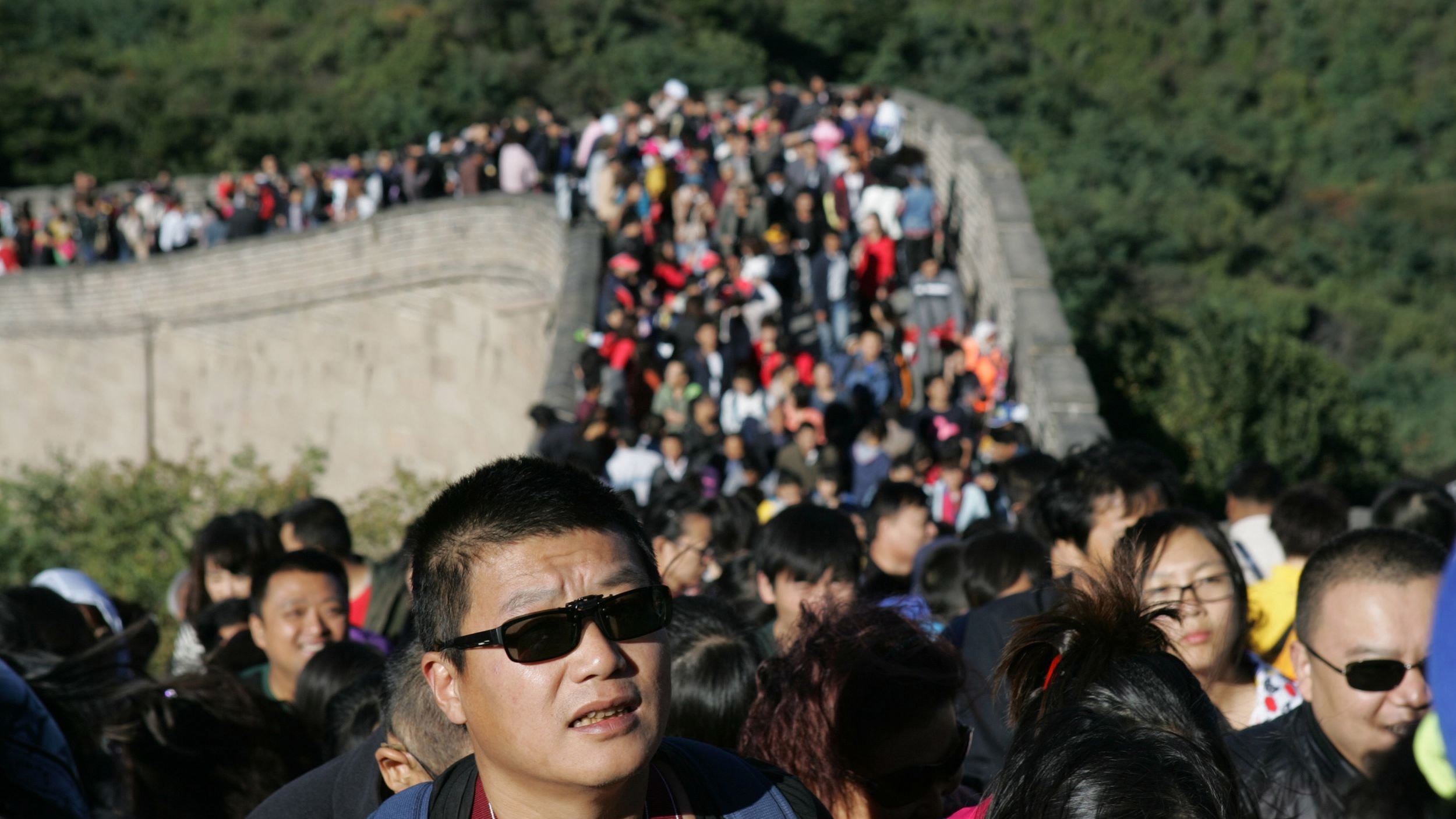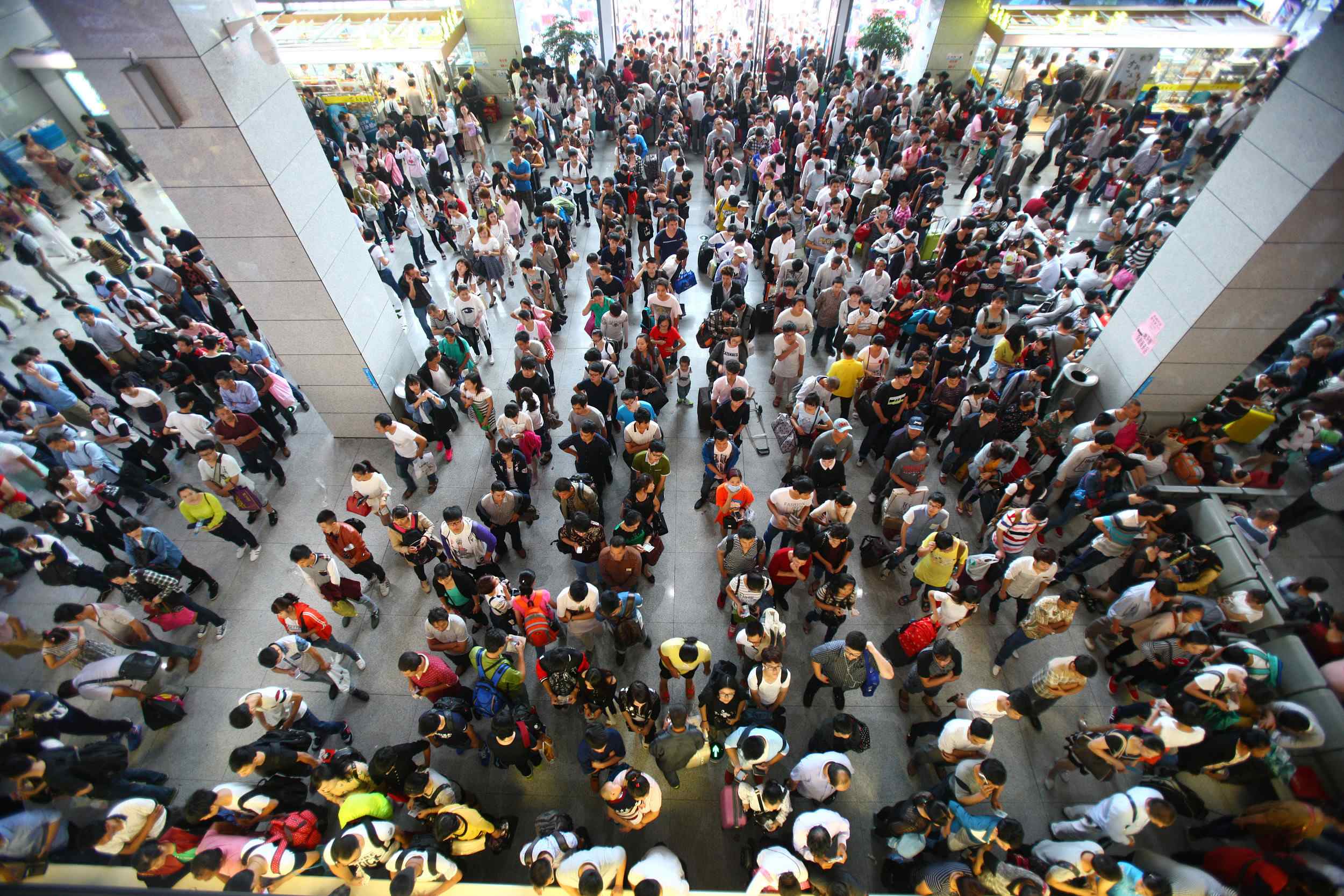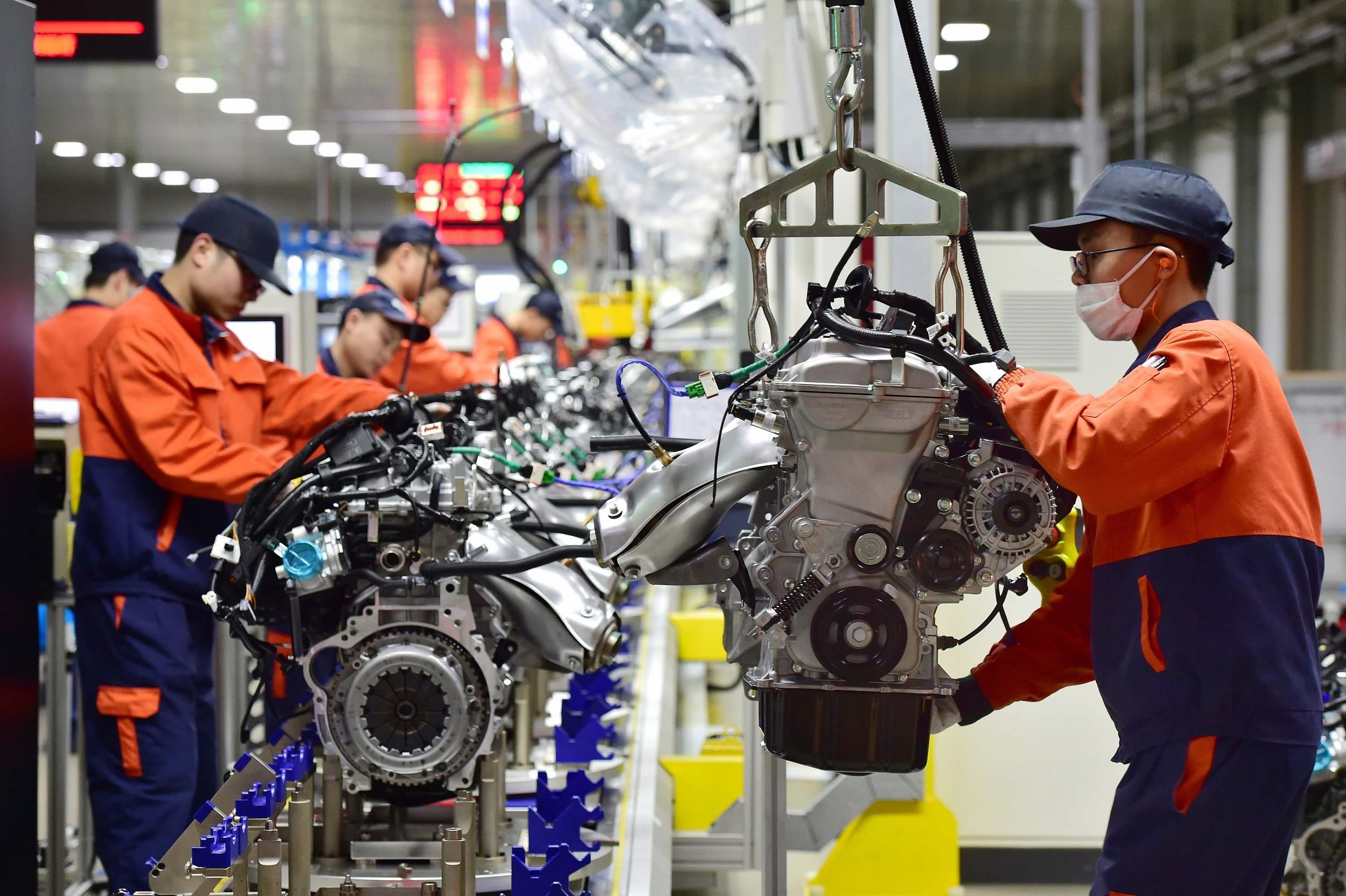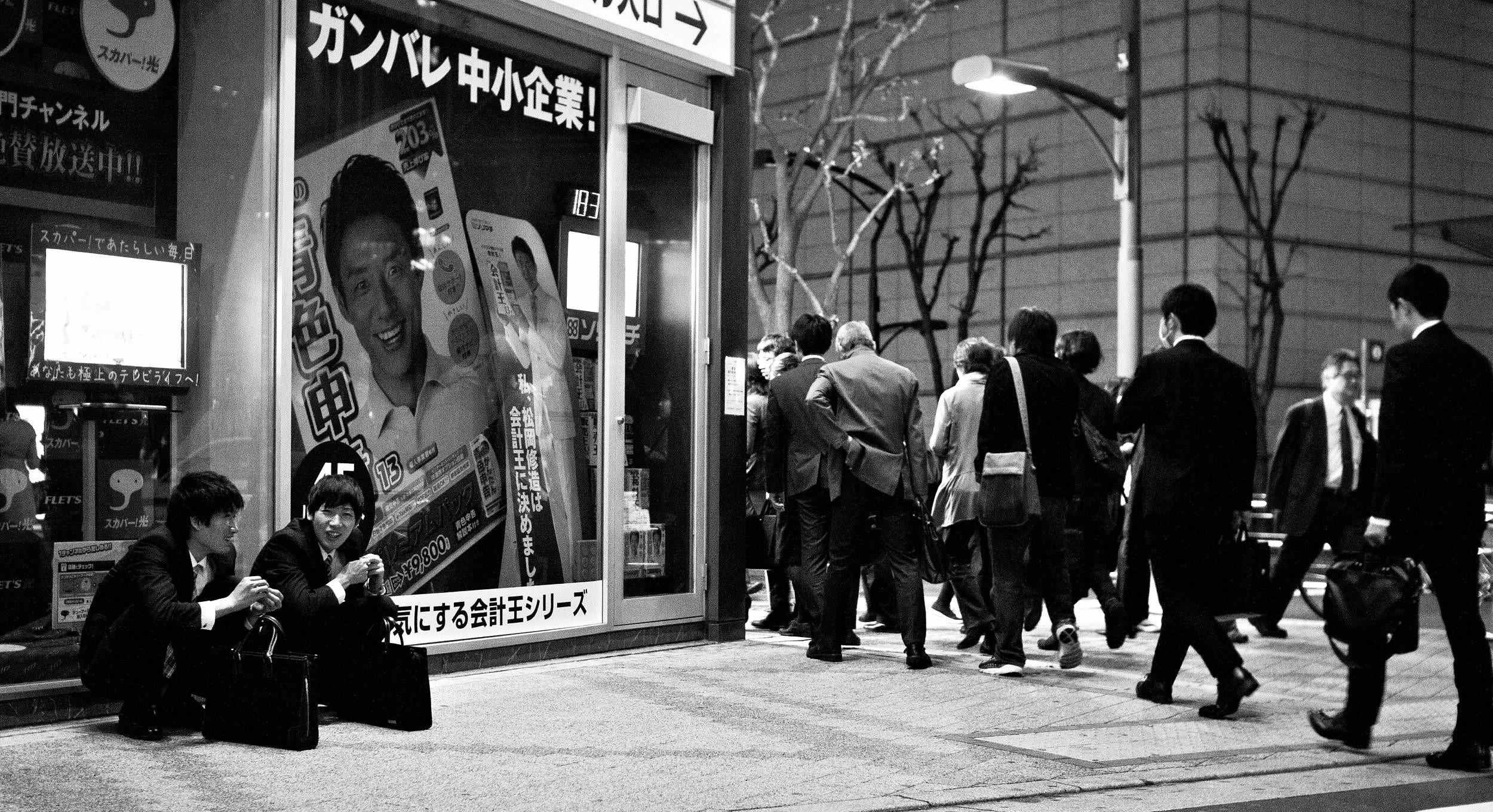
Business
16:43, 16-Nov-2017
Is China's public holiday system good for the economy?
CGTN's Nicholas Moore

Earlier this month, China’s 2018 public holiday schedule was released, showing little change to a model in place since 2000, which sees hundreds of millions of workers take time off en-masse for two “Golden Week” periods at Spring Festival and for the October 1 National Holiday.
With factory lines coming to a standstill, immense pressure on tourism and infrastructure and sudden peaks in consumer spending, are China’s national holidays good or bad for the economy?
Biggest human migration on Earth
From February 15, 2018, hundreds of millions of people will take part in the biggest human migration on Earth for Spring Festival. 2017 saw some three billion trips made, according to Xinhua, putting immense pressure on transportation and leaving offices, factories and schools practically empty for a week.
The same will happen again from October 1. The 2017 Golden Week National Holiday saw 705 million trips taken, with China’s National Tourism Administration estimating a total spend of as much as 600 billion yuan (90 billion US dollars).

A common sight for Golden Week - queues for tickets at a bus station in Ningbo, east China's Zhejiang Province on October 1, 2016. /VCG Photo
A common sight for Golden Week - queues for tickets at a bus station in Ningbo, east China's Zhejiang Province on October 1, 2016. /VCG Photo
While Spring Festival means seven consecutive days off for most workers, the period affected can be much longer – companies ramp up production ahead of the holiday to make up for the lost week, and Spring Festival bonuses for many employees is a significant expense. A Financial Times study of 34 different cities found that in 2016, the average year-end bonus for white-collar workers was 12,821 yuan (1,930 US dollars).
Economic data around Spring Festival this year was reasonably positive, but previous Golden Weeks in the last five years have seen contracting PMI figures (Purchasing Managers Index – a manufacturing indicator), which Xinhua has directly linked to the week-long holiday, blaming it for “distorting economic data.”
In six of the last seven years, overall GDP quarterly growth has dropped slightly between Q4 and Q1 according to the National Bureau of Statistics, coinciding with the Spring Festival period.

Many production lines are closed during the Spring Festival period, as workers return to their homes. /VCG Photo
Many production lines are closed during the Spring Festival period, as workers return to their homes. /VCG Photo
The rise in consumption that comes with the Golden Week system may provide a quick boost to the economy, but a huge amount of work is put into ensuring China’s hundreds of millions of travelers can move about safely.
In 2016, Xinhua reported that 214,000 police officers were on the roads to deal with Golden Week traffic, while historic treasures like the Palace Museum in Beijing have had to introduce caps on visitors because of concerns over the effects of mass tourism.
There have previously been calls for a rethink on national holidays both among netizens and experts, with Xinhua reporting that as far back as 2006, Cai Jiming, a member of the Chinese People's Political Consultative Conference and professor at Tsinghua University, proposed shortening the holidays down to just one day.
However, people do need a rest, especially after 600,000 people died in 2014 due to overworking in China, according to Sixth Tone. Besides the 11 days of public holidays, Chinese workers typically can take five days off per year after working for 1-10 years, and longer-term employees can receive more annual leave accordingly.
Balancing productivity and a happy labor force
If Chinese authorities ever did look to abandon the current Golden Week system, what are the other options? While countries in Western Europe have fewer public holidays but more paid leave, the US is one of the only developed economies to leave all paid vacation time to the discretion of the employer.
Various studies have shown that without a legally enforced paid vacation system, Americans are reluctant to take the annual leave their employers give them. A study by Glassdoor this year found the average US worker only takes 54 percent of the holiday time they are given by their company.
In Japan, Prime Minister Shinzo Abe has struggled to boost productivity, with the country’s notorious culture of long working hours and overtime believed to be the cause. In 2015 laws were passed that required companies to force their employees to take all of their annual leave.

Japan is trying to shed its "salaryman" culture, by forcing its workers to cut down on overtime and take their vacations. /VCG Photo
Japan is trying to shed its "salaryman" culture, by forcing its workers to cut down on overtime and take their vacations. /VCG Photo
Recent years have seen more innovative approaches to trying to find the right balance to vacations – which means achieving maximum productivity while keeping staff happy and focused. LinkedIn, Netflix and Virgin are among the most high-profile companies to introduce “unlimited vacation” policies.
While it sounds ideal – staff can take as much time off as they like – the reality, according to the Financial Times, is that workers actually spend more time in the office, under pressure because of heavy workloads and not wanting to inconvenience colleagues or approach their bosses.
For China’s economy, greater importance is being attached to the quality of growth, rather than quantity. Maintaining productivity and keeping the workforce satisfied will be essential to achieving that goal, and any moves to change the way the country rests and relaxes would have to carefully weigh up those two factors.

SITEMAP
Copyright © 2018 CGTN. Beijing ICP prepared NO.16065310-3
Copyright © 2018 CGTN. Beijing ICP prepared NO.16065310-3